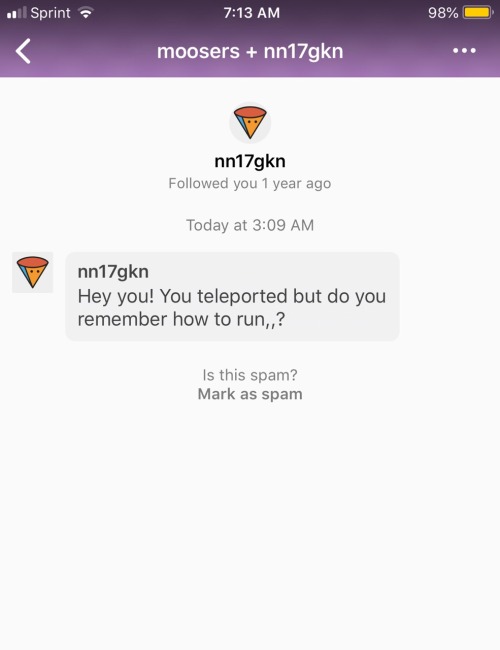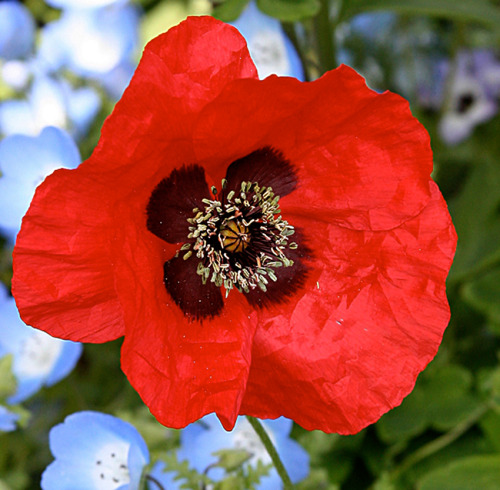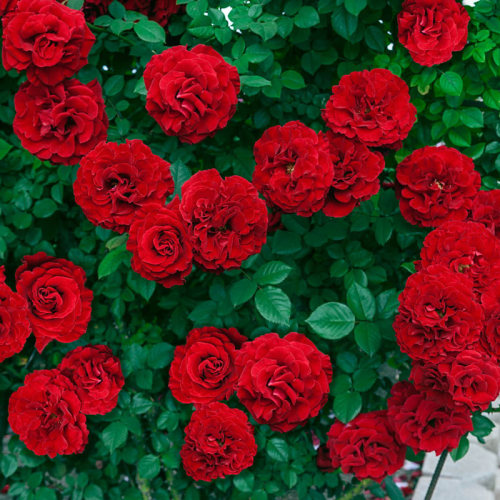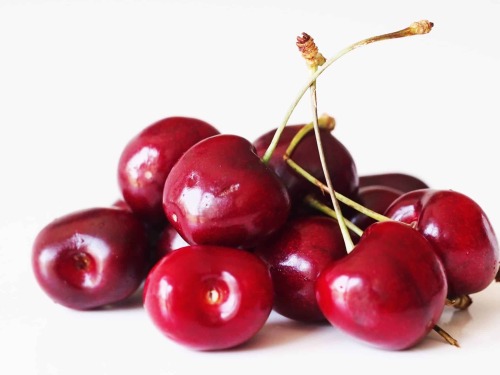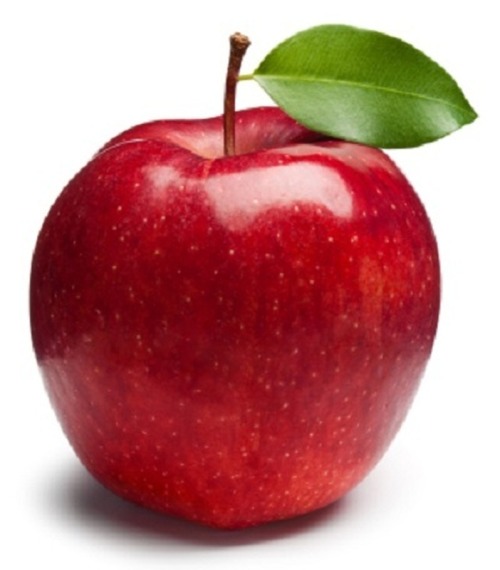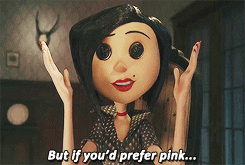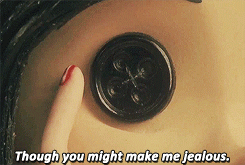I Remember This Time Where My Class Had A Math Substitute, And We Couldn't Be Paying Her Less Atention.
I remember this time where my class had a math substitute, and we couldn't be paying her less atention. There were a couple of guys who were trying to do the bottle flip challenge in every possible surface (and failing), and after a while the substitute got tired of their bs and told them to stop. One of those guys offered her a deal: if she could do the challenge in the first try, the class would get extra homework. So she went (fun fact she was pregnant) and did it. Everybody went fucking wild it was amazing
More Posts from Ghiblibiotch and Others
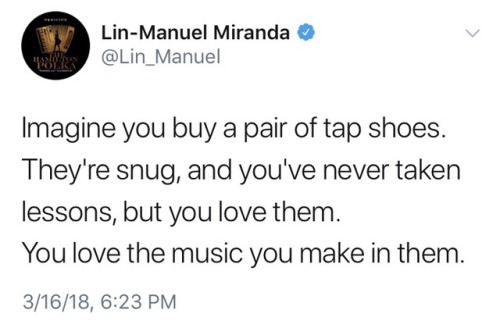
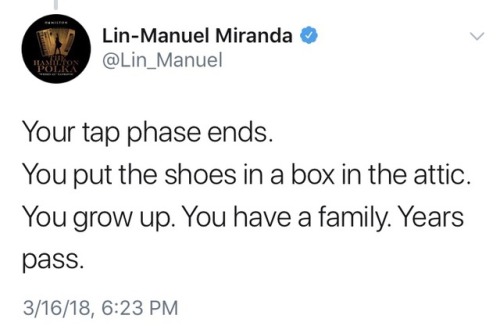
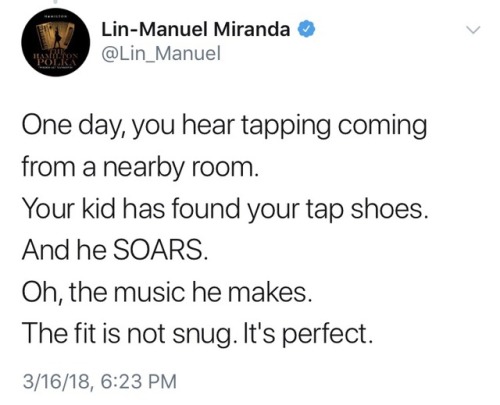
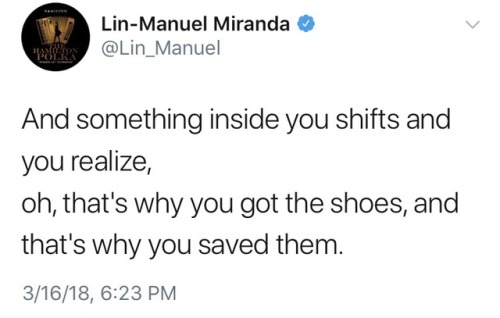
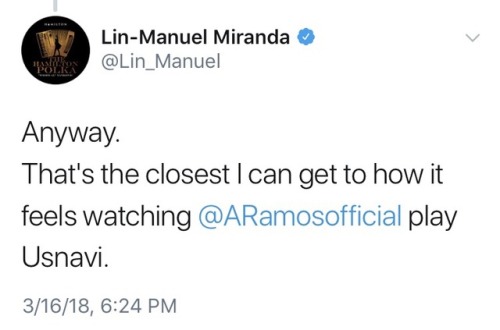
Writing Female Characters
Anushia Kandasivam: So, Brandon, you just introduced a really amazing female character [Spensa] to us. Your female characters throughout all your books are resourceful and independent. Some of them are leaders, some of them go through very interesting journeys of growth and self-discovery. Some of your female characters, like Vin and Sarene, they have mentors and teachers who are men, but their decisions about who to be and what to do are always their own. They always have agency. Was it a conscious choice to write these female characters and their journeys like this, and can you tell us if the process was easy or difficult?
Brandon Sanderson: So, there are a number of different responses to this. One is, I came into fantasy by way of some excellent female novelists that I highly recommend. Barbara Hambly was my first experience with fantasy, and then Anne McCaffery, Melanie Rawn, and Jane Yolen were kind of my introduction to fantasy. It's how I got pulled into it. To the point that when I was first given a David Eddings book, I was hesitant, because I was like, "Is this a genre guys can write?" was my honest reaction to that.
So, when I started writing my own books, I knew I wanted to do a good job with this, but I was really bad at it at the start. It was very embarrassing to me as a writer. And this happens to all new writers. There are things that you want do that, in your head, you imagine yourself doing very well, and then when you start out, you just do poorly. And the later in life that you start writing your stories, the more you're generally able to recognize how poorly you're doing things that you want to do well. And my very first book, that I didn't publish, particularly the female lead was very generic, and written very much to fill the role of love interest rather than to be a character. And I recognized it, even as I was writing it, but I didn't know how to do it differently. And it took practice. It took a lot of work. It really shouldn't, on one hand, right? Write the characters as people. rather than as roles. That's what you have to learn is - everybody is the hero of their own story in their head. They're the protagonist, whoever they are. And writing the characters so that they view themselves that way, and so they have autonomy, and they aren't being shoved around by the plot or by the protagonist, or things like this, but it's just very hard to do. I had a lot of early readers who were very helpful. I often credit my friend Annie as being one of the big reasons why Sarene eventually ended up working in Elantris. And she gave me some early reads, and things like this.
But, you know... it is hard to abandon our own preconceptions that we don't even know are there without practice, effort, and somebody pointing them out to you. And it was just a matter of practice and trying to get better. And I still think that there are lots of times I get it wrong. And you mentioned Mistborn. And I was really determined that I was going to do a good female protagonist. I try to stay away from the kind of cliched term "strong female character." Because we don't talk about "strong male characters."
We talk about characters who are distinctive, interesting, flawed, and real people. And I was determined to do this with Vin. And I feel like I did a pretty good job. But, of course, I had a completely different blind side in that I defaulted to making the rest of the crew that Vin interacts with all guys.
This is because my story archetype for Mistborn was the heist novel, the heist story, and my favorite heist movies are Ocean's Eleven and Sneakers and The Sting, and these are great stories. I absolutely love them. But they all are almost exclusively male casts. And that's not to say that, you know, someone can't write an all-male cast if they want to. But it wasn't like I had sat down and said, "I'm intentionally going to write an all-male cast." I just defaulted to making the rest of the cast male because that was the archetype that was in my head, that I hadn't examined.
And so, when I got done with those books, I looked back, and I'm like, "Wouldn't this have been a better and more interesting story if there had been more women in the cast?" And I absolutely think it would have been. But becoming a writer, becoming an artist, is a long process of learning what you do well, what you do poorly, what you've done well once and want to learn how to replicate, what you've done poorly and want to learn to get better at. It's a very long process, I think, becoming the writer that we want to be.
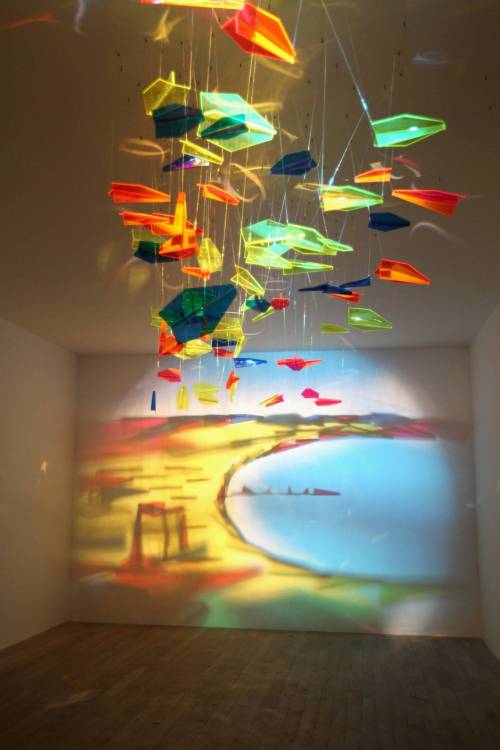
A Painting Made From Pieces of Glass
when I was like 10 I learned that splitting an atom will make a nuclear explosion and for a long time I got really stressed out whenever I had to cut anything bc like. what if I hit an atom at just the right angle





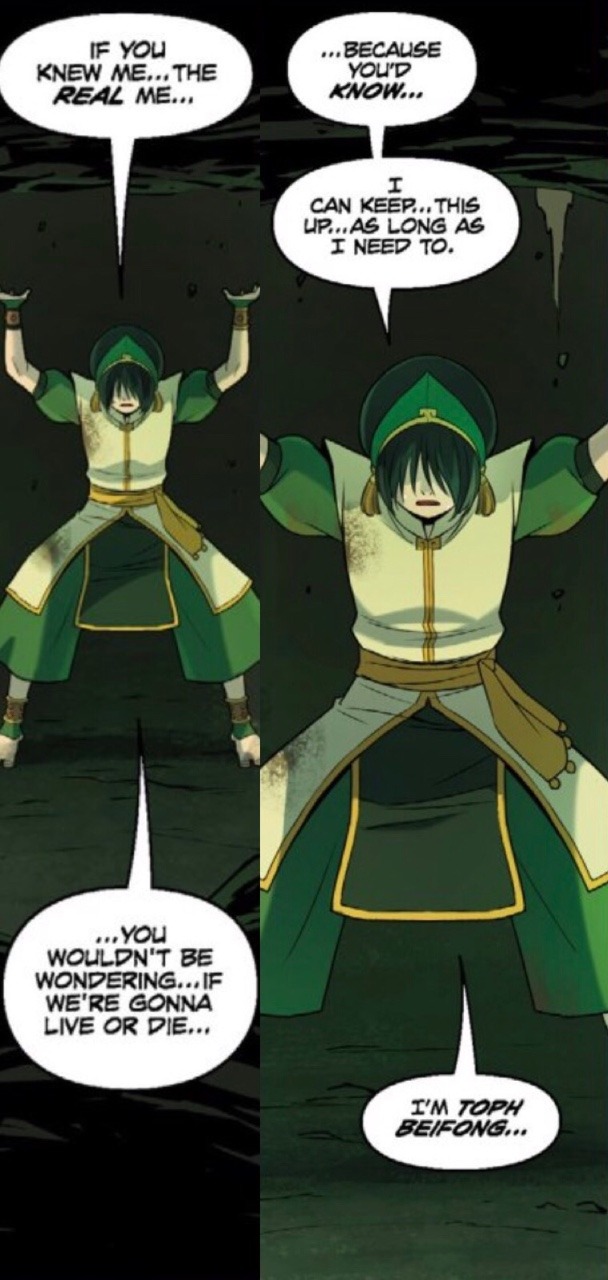

Hence why Toph Beifong is my favorite badass character ever. Followed by Zuko of course. 😝
I challenged my cousin mash up Brittany Spears’ “Toxic” and “O Come All Ye Faithful” and she did it in about 20 seconds
-
 ghiblibiotch reblogged this · 6 years ago
ghiblibiotch reblogged this · 6 years ago
